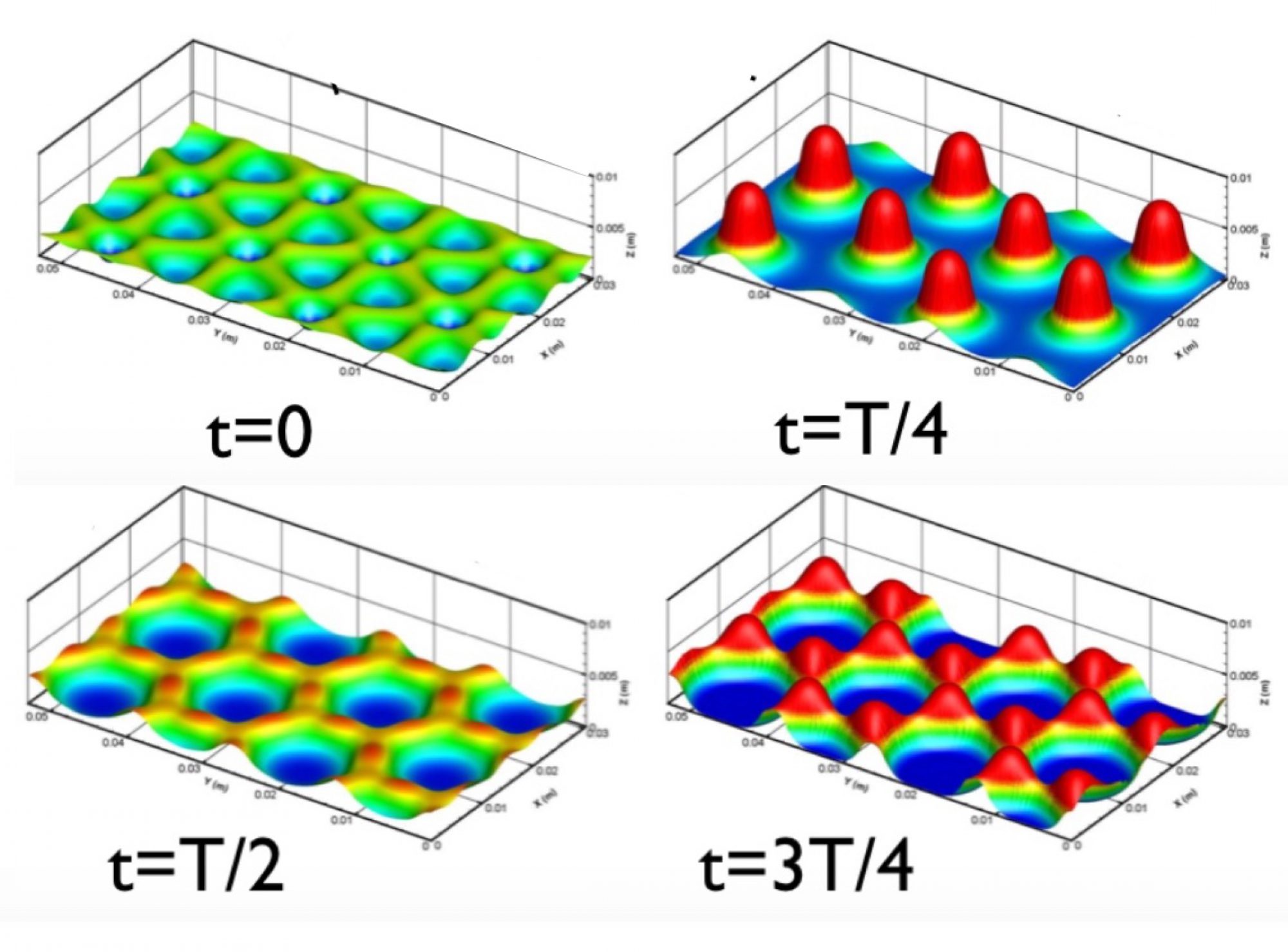Crisis in Scientific Publishing
Researchers:
When deciding where to submit your manuscript, please consider the following. Your goal is to be read by the widest possible audience. Other, more or less noble goals, such as contributing to scientific knowledge or becoming famous, are also best achieved by being read by the widest possible audience. Your paper will be read only if it is accessible.
One way to do this is to post your paper on the web, on open archives such as arXiv, PubMed Central or HAL as well as on your personal webpage or on a webpage belonging to your department, group, university, etc. Almost all publishers allow you to post preprint versions, and to leave your version posted after the article is published; check here for the conditions imposed by each publisher. See the EU open access petition. An alternative is to post a list of your articles along with your email address to which to send reprint requests.
Another consideration is the journal to which you submit. Commercial journals (Elsevier, Springer, Wiley, Taylor and Francis, etc.) tend to cost six to ten times more (per article, per page, per citation) than journals published by professional societies (Americal Physical Society, Society for Industrial and Applied Mathematics, etc.) or by universities. Surprisingly, this ratio has risen drastically since 1990, just as the advent of word processing and electronic typesetting drastically decreased publishing costs. Do you really want your work to appear in a journal which libraries cannot afford to buy? Do you want to contribute your time and effort — and that of the institution which pays you — to researching, refereeing and editing for these journals? One place to read about these issues is on the journal pricing page of Ted Bergstrom, professor of economics at UCSB, whose academic specialty is the pricing of academic journals. Use this site to compare journal prices in your discipline.
The issue is the same for Open Access. This ambiguous terminology covers (at least) two models. One is sometimes called « Gold ». I prefer the more informative « Author Pays ». Another is sometimes called « Green ». I prefer « no one pays » or, more accurately, « research institution pays » or « benefactor pays », e.g. arXiv. In this terminology, articles available through journal subscriptions would be called « reader pays ». Commercial journals charge fees for Open Access (Gold) which are usually far above those charged by non-profit journals.
Elsevier induced U.S. Congressmen Maloney and Issa to introduce the Research Works Act, restricting the ability of public research organizations to distribute research findings. This led to a much-publicized boycott of Elsevier and the ultimate defeat of the RWA. Sign and publicize the boycott at The Cost of Knowledge.
Do you remember George Orwell’s 1984? Commercial publishers plan to argue that open access to scientific literature constitutes a form of censorship. To do so, they hired the same public relations expert who was hired to defend Enron executives and to harass Greenpeace; read PR’s ‘pit bull’ takes on open access if you have access to Nature. In a similar vein, Gordon and Breach sued the American Institute of Physics and the American Physical Society and threatened to sue the American Mathematical Society to suppress articles comparing costs of physics and math journals, claiming that such comparisons threatened marketplace competition. Do you ever use the website Mathworld of Eric Weisstein? Did you know that it was almost suppressed by CRC Press (part of the Taylor and Francis group), who argued that the website competed unfairly with the paper version Eric Weisstein had contracted with CRC to publish? Read The Story of Mathworld .
Here is a letter by the editorial board of Topology announcing the resignation of the entire board in protest of the pricing policies of Elsevier. Here is the letter by Donald Knuth (inventor of TeX) to the editorial board of the Journal of Algorithms, another Elsevier journal, which led the board to resign and found a different journal. See also Returning Scientific Publishing to Scientists and the Scholarly Societies Project.
Here are some presentations in French (pdf) about this issue. Here is a recent presentation at the Carrefour de l’IST (pdf) and another at ESPCI (pdf). Here is a short presentation in English in Libre Office and in pdf.
Or just type Crisis in Scientific Publishing into Google and browse.
